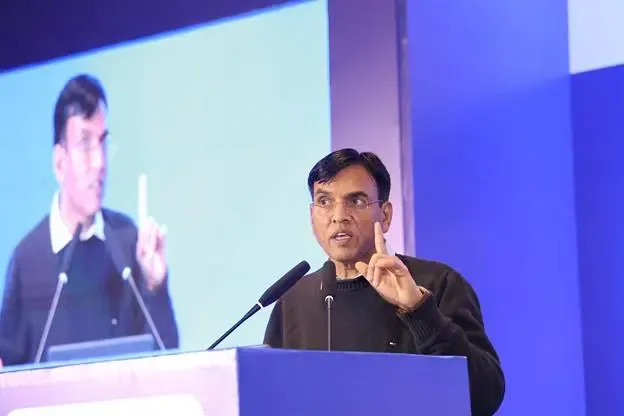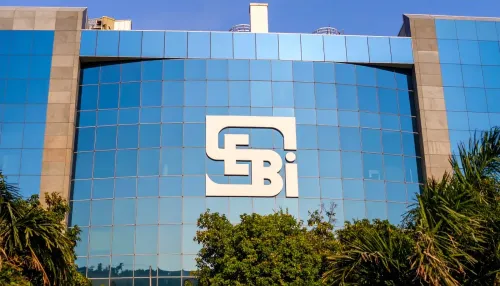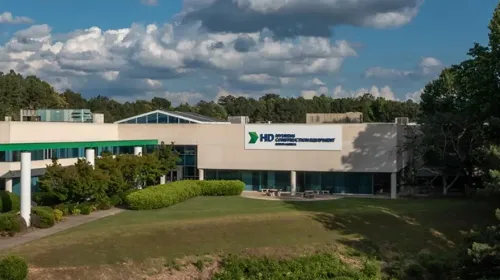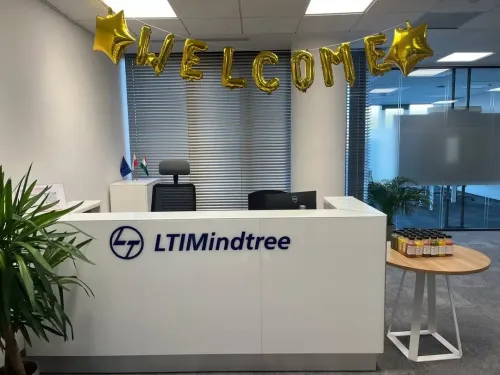India Poised to Become the Global GCC Hub

Synopsis
Key Takeaways
- India is becoming the 'GCC Capital of the World'.
- 1,700 GCCs expected to employ over two million people.
- Focus on emerging technologies and innovation.
- Skill development to be central to education and employment.
- Importance of industry-academia partnerships.
New Delhi, Jan 16 (NationPress) India is poised to become the ‘Global GCC Hub’ with approximately 1,700 global capability centres (GCCs) employing over two million individuals — a figure expected to rise significantly by 2030, as announced by the government on Thursday.
The GCCs are at the forefront of adopting emerging technologies including artificial intelligence, data analytics, robotic process automation, digital commerce, cybersecurity, blockchain, augmented reality, and virtual reality.
Union Minister of Labour and Employment, Dr Mansukh Mandaviya, stated that to align education with employment, skill development must be central to our initiatives.
“By nurturing innovation, boosting productivity, and preparing individuals for the workforce, we are generating jobs and establishing a global talent hub,” the Minister remarked, emphasizing India’s ability to tackle global workforce shortages through programs like the ‘Mutual Recognition of Skills and Standards’.
“By building robust industry-academia partnerships, we can devise a skilling model that caters to India’s unique requirements. Skill development should extend beyond certification and aim to equip individuals with practical skills to meet the evolving needs of both industry and self-employment,” he added at a Ministry of Labour and Employment event in association with the Confederation of Indian Industry (CII) in the national capital.
According to Sumita Dawra, Secretary of the Ministry of Labour and Employment, three pivotal questions have arisen for success in a rapidly changing environment.
“How can we cultivate a digitally skilled workforce capable of thriving in a tech-centric job market? What methods can we adopt to construct an inclusive workforce that values diversity and ensures equal opportunities for all? Furthermore, as industries focus on environmental sustainability, how can we weave eco-conscious practices and values into our workforce culture?” she stated.
A proficient and adaptable workforce is vital for attracting investments in crucial sectors like healthcare, manufacturing, logistics, and green jobs.
“Fortifying labour-intensive industries guarantees equitable opportunities for diverse groups, including those with limited access to advanced education,” she emphasized.









